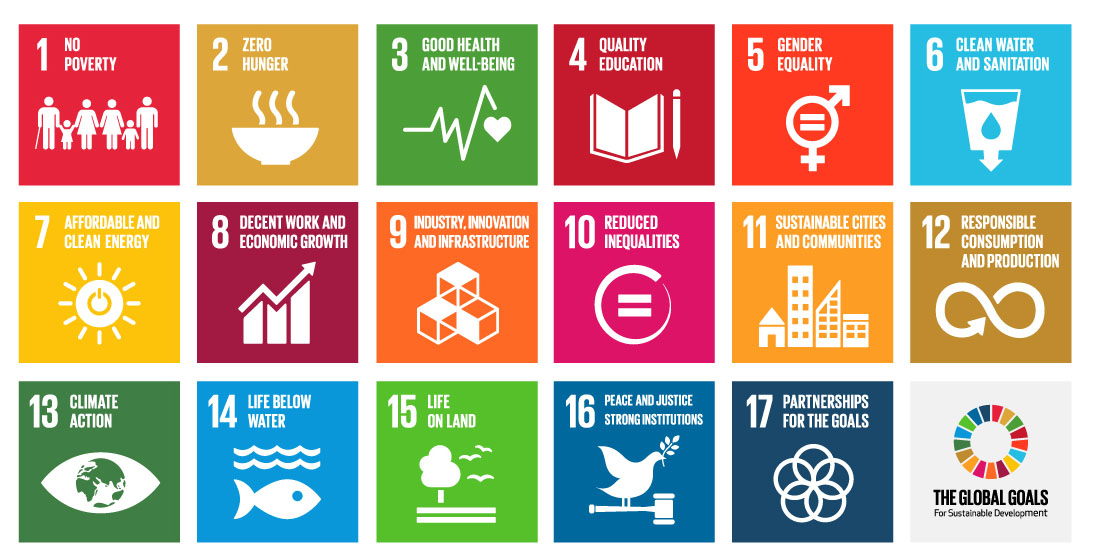Can more money be a bad thing?

A look at alternative financing for the SDGs
This blog was authored by Aria Grabowski, Policy Advisor for Accountable Development Finance at Oxfam America.
As I sat in event after event about alternative forms of financing for the Sustainable Development Goals (SDGs) at the World Bank annual meetings, this nagging question kept popping in to my head: Will these funds actually reach the poorest, most vulnerable, and marginalized?
There is so much excitement around the new ideas to help countries increase their tax base, leverage private sector resources, and access new forms of development financing, that I think we may have blown by asking important questions about ensuring these funds have the intended impact. Theoretically, as national GDPs rise, domestic revenue and development funds increase, there is more money to improve the lives of those living in poverty – which is a great thing. But while these alternative sources of financing have the potential to be complete game changers in development, there is also the very real possibility that the additional financing could be disastrous.
I know it seems crazy. How could more money be a bad thing? I don’t think any of us would mind a little more money in our bank accounts. But what if that money came with strings attached? If the additional funds came via a loan, or from increasing taxes on the poor, we might think a bit differently about accepting those extra dollars. Not all money is created equal.
Many of the new financing schemes being touted as the answer to the funding gap for the SDGs come in the form of loans. If developing countries accept development funds through these mechanisms – even at incredibly low interest rates – their debt burden increases. This means they will have less money to spend on essential services like healthcare and education, which are critical for their populations and to achieving the SDGs. If the loans are for critical infrastructure improvements that will benefit those in poverty, and couldn’t happen without a loan, it might still be a great project – so long as it’s offered and taken on with an understanding of how it impacts a country’s total debt burden and its ability to take on additional liabilities.
Imagine if a country with a GDP of a few billion dollars a year took on a $100 million public-private partnership (PPP) to build a road, and the private partner constructed a road that fell apart after two years of use. The country is still responsible for paying back the $100 million (with interest!) and has nothing to show for it. There are ways, of course, to ensure that things like loans and PPPs are done well, and for the benefit of the poor, but it has to be pursued intentionally. Economic benefits don’t just flow automatically to the poorest by virtue of the presence of more revenue or more economic activity.
The use of aid dollars to increase domestic revenue (i.e. taxes and fees) also has great potential and pitfalls. If the improvements to revenue collection systems reduce corruption, increase efficiency and ensure that tax systems don’t disproportionately burden the poor; billions in additional revenue can be created. If this money is then used for social expenditures that benefit those most in need, more lives would be saved, more children would get to go to school, more families would have access to safe water and a consistent food supply, and more. And that’s exactly what we want. But if people living in poverty are paying taxes, and then services do not reach them at the rates they reach other citizens, then the system actually can make people living in poverty even poorer – which is obviously not good.
So while it’s exciting and necessary for us to explore non-traditional sources of financing for development, it’s critical that we don’t get blinded by the extra bling. Yes, more money is needed, but it has to be provided and used in a way that actually helps the poorest. It would be a real tragedy if in our attempt to find extra money to eliminate extreme poverty we actually made it worse.